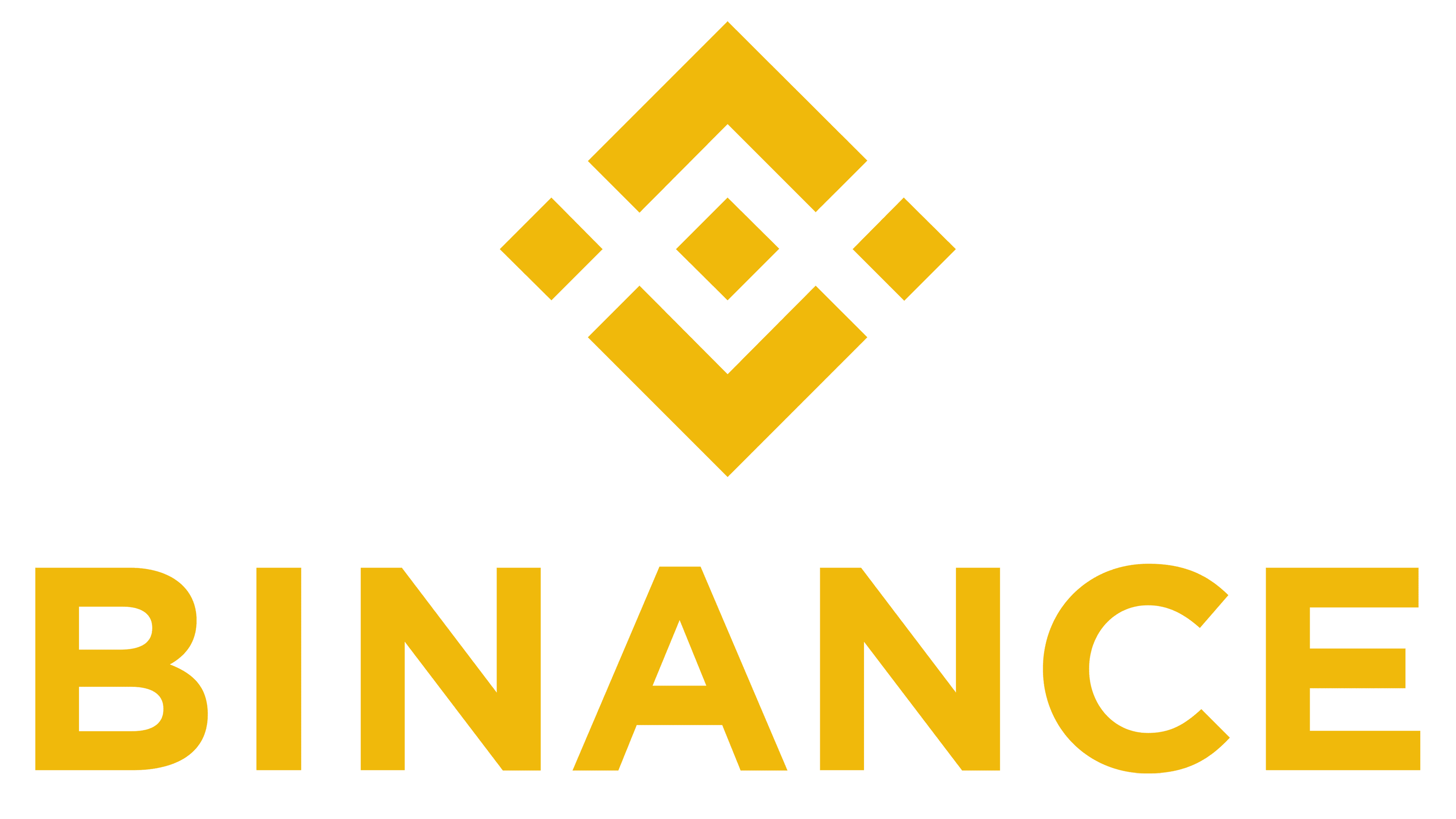The Bank of Spain has approved the registration of multi-asset investment platform eToro as a service provider for the exchange of virtual currency for fiat currency and electronic wallet custody services.
Tali Salomon, the company’s regional manager for Iberia and LatAm, said that the company has been a long-standing supporter of crypto and blockchain technology.
“This registration is a testament to our commitment to operating a growing business which prioritises consumer protection while also nurturing innovation and ensuring access for individual investors,” said Salomon.
He continued: “We will continue to empower our Spanish users by providing them with access to a diverse range of asset classes, investment tools and educational resources to enable them to grow their knowledge and wealth.”
The platform recently partnered with Twitter – rebranded to 'X' earlier this week – to enable users to trade crypto and stocks on the social media site.
Now when Twitter users search with its recently introduced “$Cashtag” symbol, they will be able to access eToro’s platform to view more information on assets including cryptocurrency and commodities and be presented with the option to invest.
Introduced late last year, the “cashtags” have reportedly generated around 420 million searches per day since the start of 2023, with the most popular being “$TSLA” (Tesla).
Latest News
-
Gemini to cut quarter of workforce and exit UK, EU and Australia as crypto slump forces retrenchment
-
Bank ABC’s mobile-only ila bank migrates to core banking platform
-
Visa launches platform to accelerate small business growth in US
-
NatWest to expand Accelerator programme to 50,000 members in 2026
-
BBVA joins European stablecoin coalition
-
eToro partners with Amundi to launch equity portfolio with exposure to ‘megatrends’
Creating value together: Strategic partnerships in the age of GCCs
As Global Capability Centres reshape the financial services landscape, one question stands out: how do leading banks balance in-house innovation with strategic partnerships to drive real transformation?
Data trust in the AI era: Building customer confidence through responsible banking
In the second episode of FStech’s three-part video podcast series sponsored by HCLTech, Sudip Lahiri, Executive Vice President & Head of Financial Services for Europe & UKI at HCLTech examines the critical relationship between data trust, transparency, and responsible AI implementation in financial services.
Banking's GenAI evolution: Beyond the hype, building the future
In the first episode of a three-part video podcast series sponsored by HCLTech, Sudip Lahiri, Executive Vice President & Head of Financial Services for Europe & UKI at HCLTech explores how financial institutions can navigate the transformative potential of Generative AI while building lasting foundations for innovation.
Beyond compliance: Building unshakeable operational resilience in financial services
In today's rapidly evolving financial landscape, operational resilience has become a critical focus for institutions worldwide. As regulatory requirements grow more complex and cyber threats, particularly ransomware, become increasingly sophisticated, financial services providers must adapt and strengthen their defences. The intersection of compliance, technology, and security presents both challenges and opportunities.
© 2019 Perspective Publishing Privacy & Cookies













Recent Stories